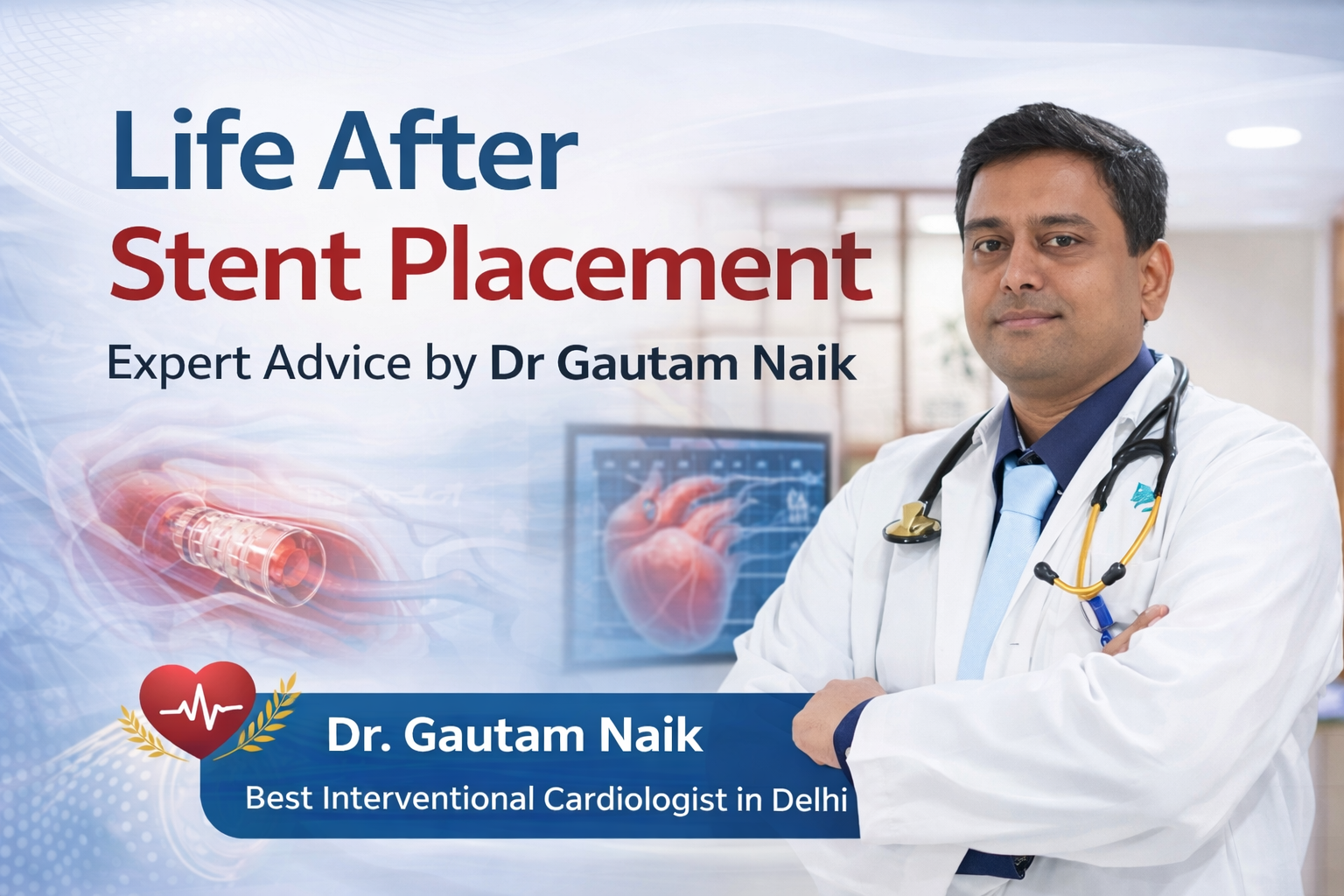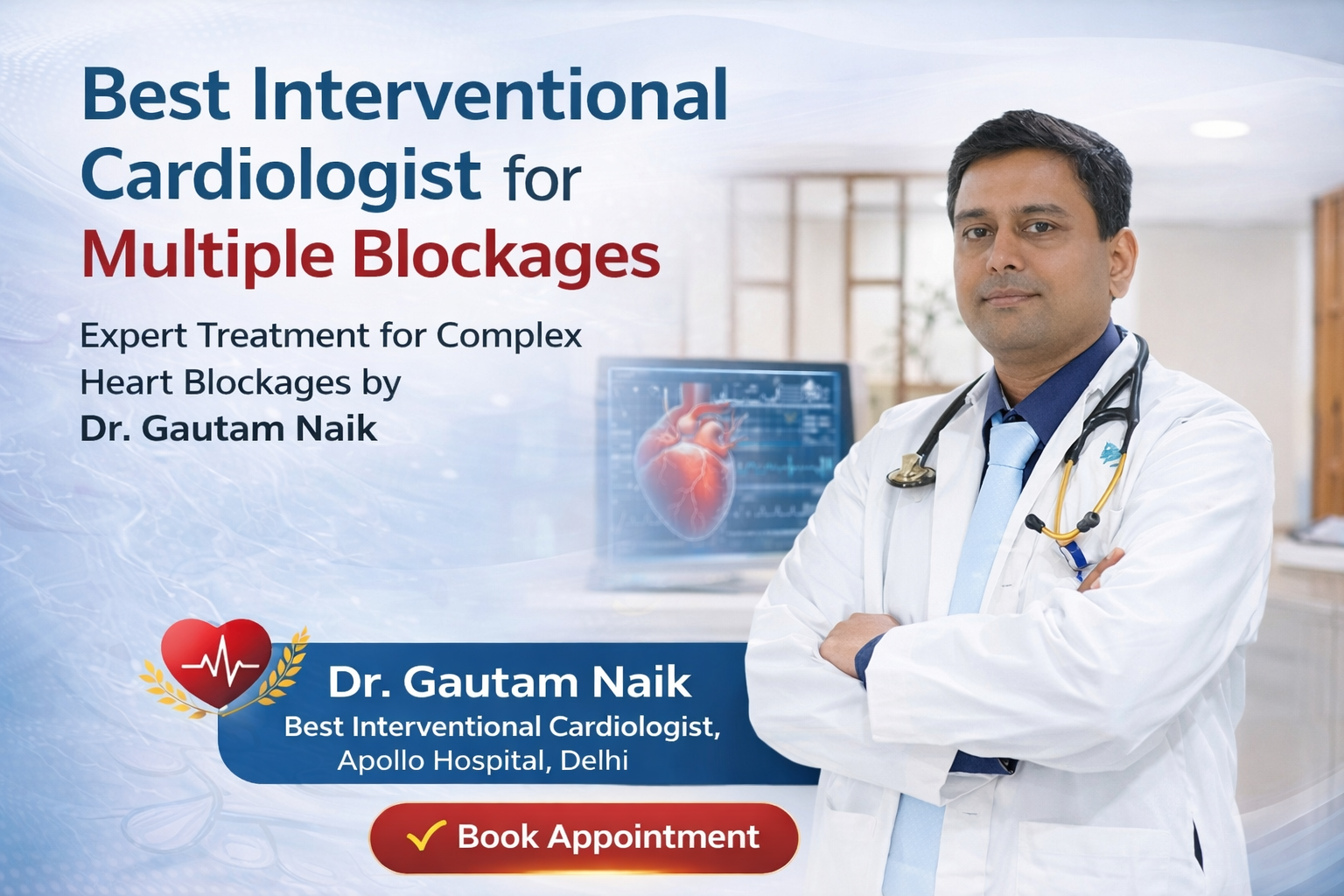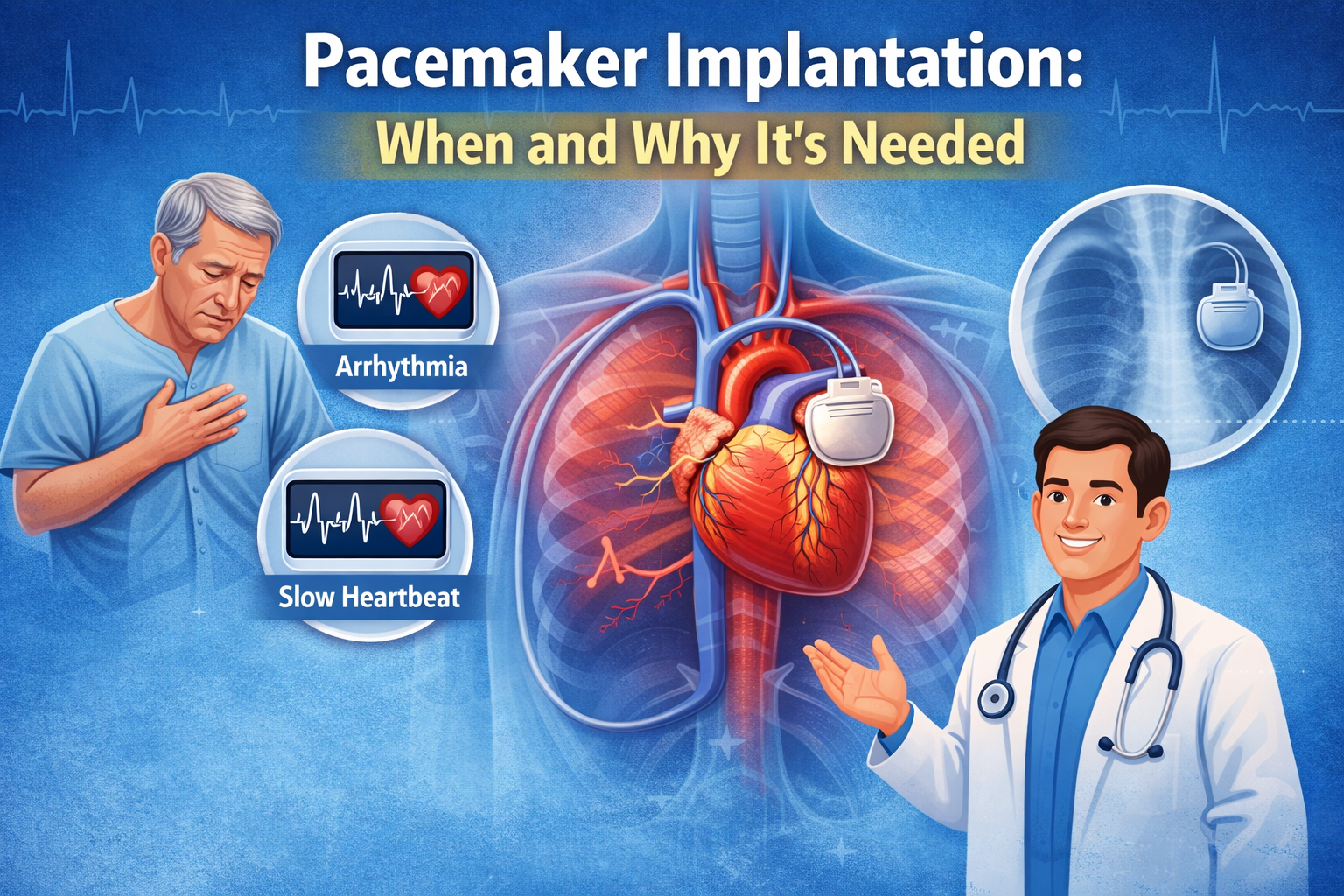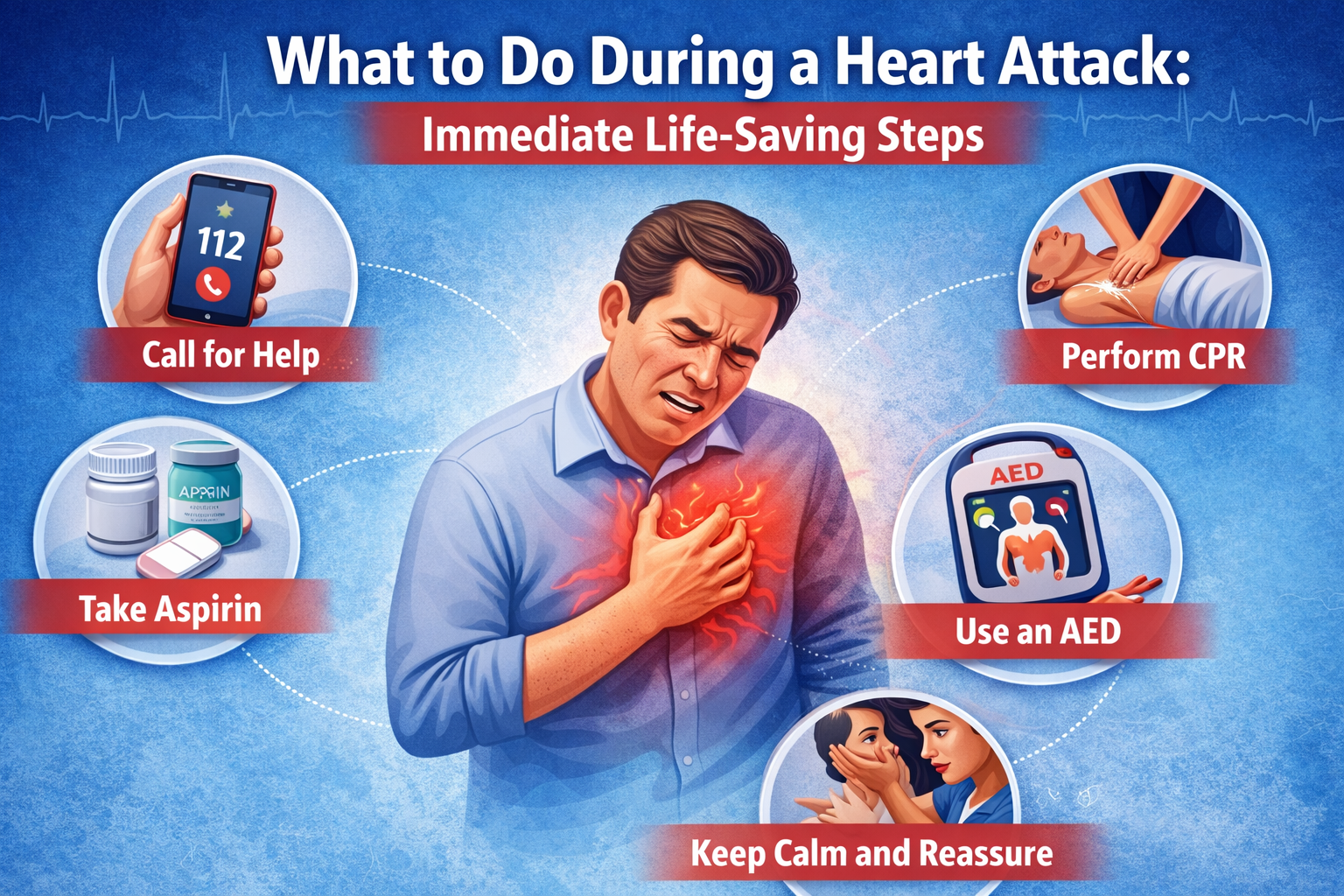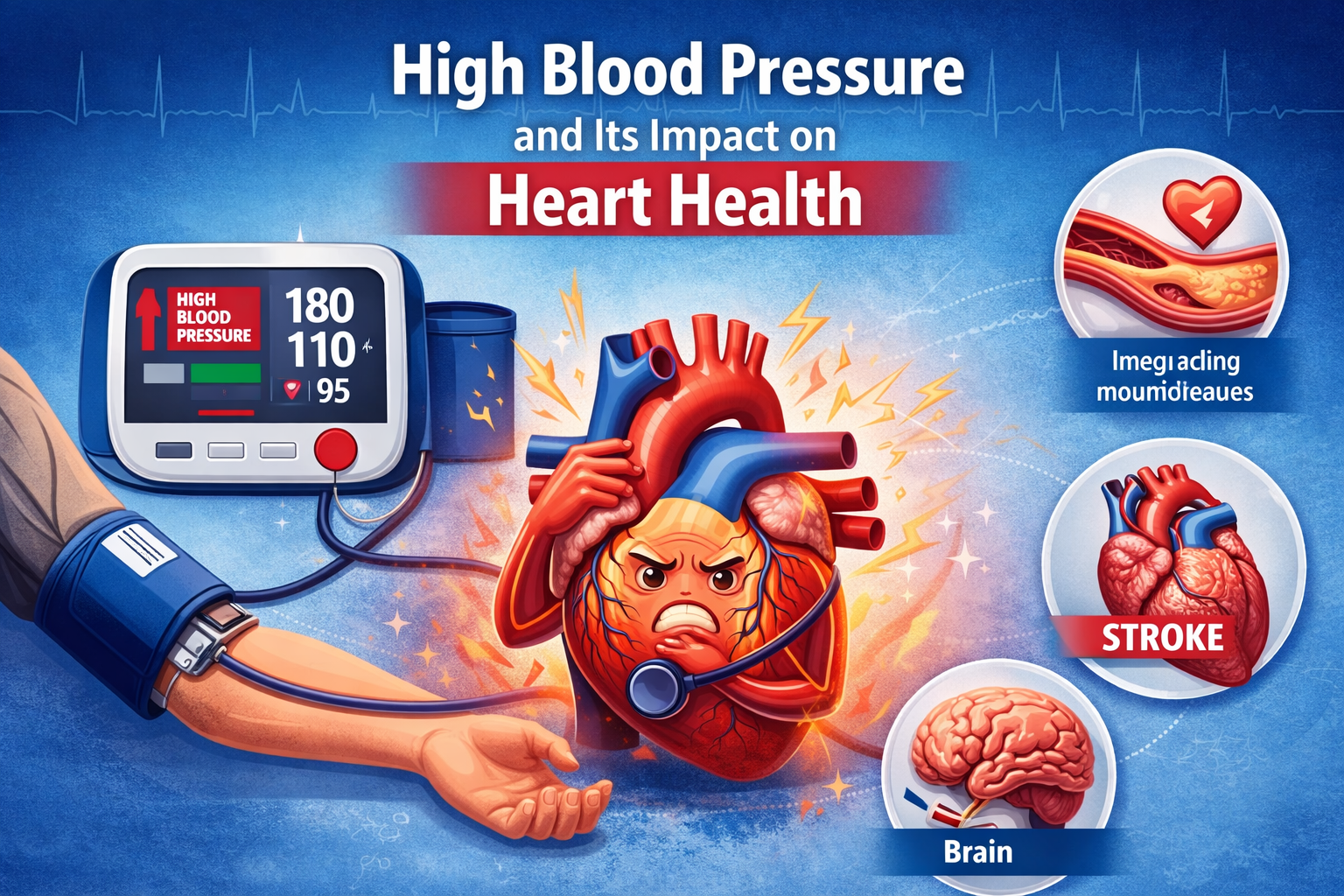World Heart Day 2025: Don’t Miss a Beat
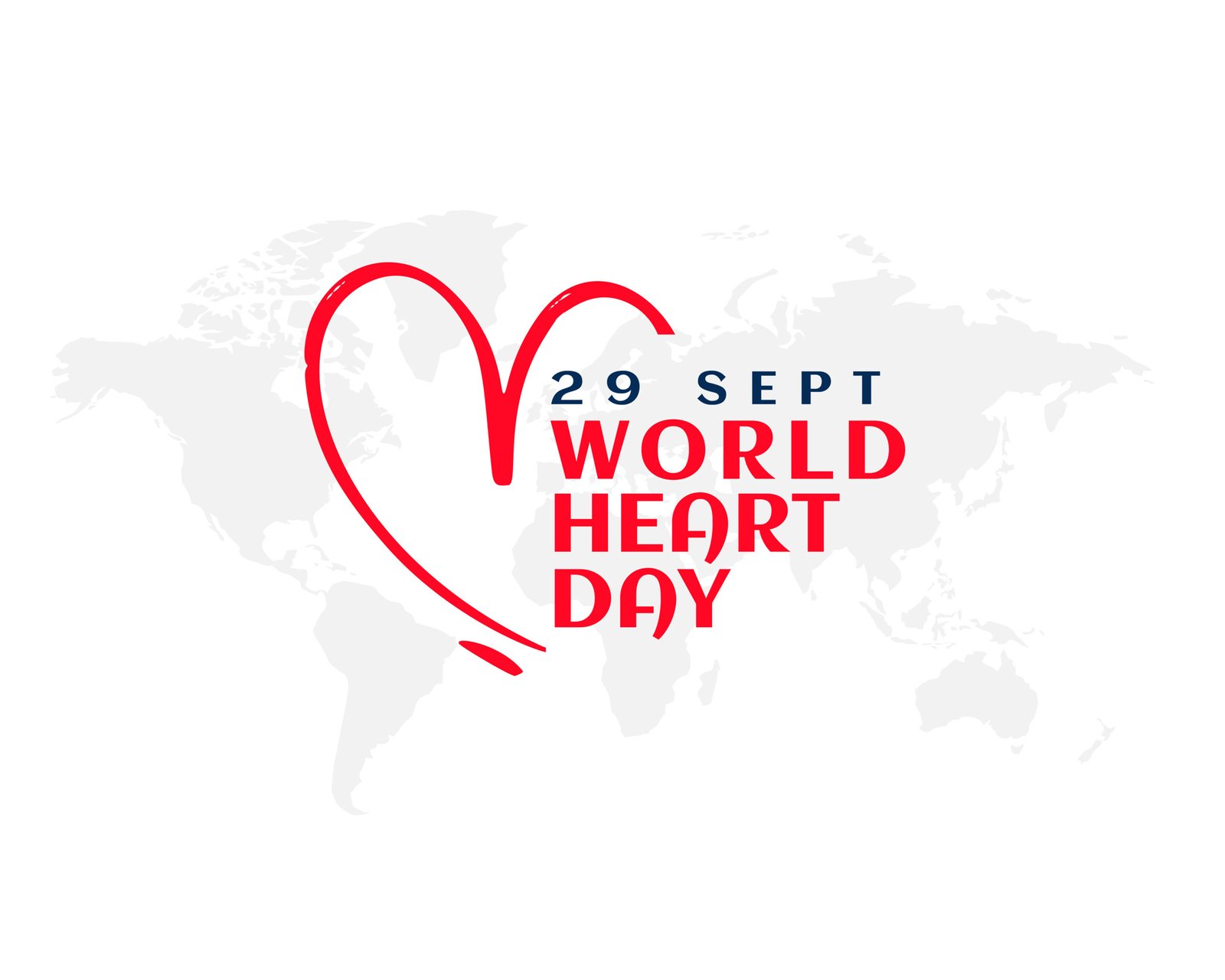
Introduction
Every year, on 29th September, the world comes together to celebrate World Heart Day—an initiative created by the World Heart Federation to raise awareness about cardiovascular health. With heart disease still being the leading cause of death globally, this day is more important than ever.
The theme for World Heart Day 2025 is “Don’t Miss a Beat.” It is a powerful reminder that heart health should never be ignored. Whether it’s a missed health check-up, an overlooked symptom, or skipping daily exercise—every “missed beat” can have consequences. This year’s campaign emphasizes early detection, prevention, and timely medical care to reduce the burden of cardiovascular diseases.
Why World Heart Day Matters in 2025
According to global health reports, cardiovascular diseases (CVDs) account for more than 17 million deaths annually. In India, the numbers are equally alarming, with rising cases of hypertension, obesity, and diabetes contributing to heart disease. What’s more concerning is that heart conditions are now affecting people at a younger age.
World Heart Day 2025 is not just about spreading awareness—it’s about inspiring action. The goal is to ensure that people:
- Understand the risk factors
- Adopt healthier lifestyles
- Recognize early warning signs
- Seek timely treatment from experts
By focusing on prevention, millions of lives can be saved every year.
This Year’s Theme: “Don’t Miss a Beat”
The theme “Don’t Miss a Beat” carries multiple meanings:
- Physical Meaning: Do not ignore irregular heartbeats, chest discomfort, or any warning signs.
- Preventive Meaning: Don’t skip your regular check-ups, exercise sessions, or healthy meals.
- Emotional Meaning: Stay connected with loved ones, reduce stress, and maintain mental well-being.
It is both a medical and emotional call to action, urging people not to delay when it comes to heart health.
Common Risk Factors You Should Not Ignore
Heart disease is often preventable if risk factors are managed well. Here are some of the most important ones:
- High Blood Pressure (Hypertension): Known as the “silent killer,” it can damage arteries without showing symptoms.
- High Cholesterol: Excess cholesterol causes plaque buildup in arteries, increasing the risk of heart attack and stroke.
- Diabetes: Poorly controlled blood sugar can accelerate cardiovascular complications.
- Obesity: Being overweight strains the heart and is linked to hypertension and diabetes.
- Sedentary Lifestyle: Lack of exercise weakens heart muscles and circulation.
- Smoking & Alcohol: Both significantly increase the risk of coronary artery disease.
- Stress & Poor Sleep: Emotional stress and irregular sleep patterns are increasingly recognized as triggers for heart conditions.
Warning Signs You Must Never Miss
Many people ignore heart-related symptoms until it’s too late. This World Heart Day, pledge to take action if you notice:
- Shortness of breath
- Chest pain or heaviness
- Irregular or rapid heartbeat
- Dizziness or fainting
- Swelling in feet and ankles
- Unusual fatigue
Early detection can save lives. If you experience these symptoms, consult a cardiologist immediately.
Myths and Facts About Heart Health
Myth 1: Heart disease only affects older people
Fact: Young adults are increasingly at risk due to poor lifestyle habits and stress.
Myth 2: If I don’t have chest pain, my heart is healthy
Fact: Many heart conditions progress silently without obvious symptoms.
Myth 3: Only men suffer from heart attacks
Fact: Women are equally at risk and sometimes show atypical symptoms like fatigue, nausea, or jaw pain.
Myth 4: If I exercise, I can eat whatever I want
Fact: Exercise helps, but diet plays an equally crucial role in preventing heart disease.
Myth 5: Heart disease runs in my family, so I can’t prevent it
Fact: Genetics increase risk, but lifestyle choices can significantly reduce it.
Lifestyle Tips to Keep Your Heart Healthy
- Eat Smart: Focus on fruits, vegetables, whole grains, lean proteins, and omega-3 rich foods.
- Stay Active: Aim for at least 150 minutes of moderate exercise per week.
- Quit Smoking: Within a year of quitting, heart risk drops dramatically.
- Limit Alcohol: Moderation is key—excess alcohol can damage the heart.
- Manage Stress: Practice yoga, meditation, or breathing exercises daily.
- Sleep Well: Ensure 7–8 hours of quality sleep to allow your heart to recover.
- Go for Check-ups: Regular health screenings can detect problems early.
How India is Responding to Heart Health
India is witnessing a surge in awareness campaigns, heart check-up camps, and hospital-led initiatives. Yet, challenges remain:
- Urban Lifestyle Risks: Fast food, stress, and sedentary jobs are fueling heart disease.
- Rural Gaps: Limited access to cardiac care leads to late diagnosis.
- Cost of Treatment: Many patients delay treatment due to affordability issues.
This makes specialized cardiologists and centres of excellence like Apollo Hospital, Delhi critical in bridging the gap.
Dr. Gautam Naik: Best Cardiologist in Delhi
When it comes to heart health, expertise matters. Dr. Gautam Naik, Senior Interventional Cardiologist at Apollo Hospital, Delhi, is widely recognized as one of the best cardiologists in Delhi.
- Expertise: Specializes in interventional cardiology, complex angioplasties, and managing arrhythmias.
- Patient-Centric Care: Known for his compassionate approach, ensuring patients feel informed and supported.
- Advanced Treatments: Uses cutting-edge technology and minimally invasive procedures for faster recovery.
- Preventive Focus: Strong advocate for lifestyle modification and early screening to prevent severe heart conditions.
Dr. Naik’s philosophy perfectly reflects this year’s theme—“Don’t Miss a Beat”—because he believes that early diagnosis and timely treatment can save countless lives.
How to Observe World Heart Day 2025
- Book a Heart Check-Up: Take advantage of preventive health packages.
- Organize Awareness Drives: Schools, offices, and communities should host educational sessions.
- Adopt a New Habit: Start walking daily, quit smoking, or add more vegetables to your meals.
- Support a Loved One: Encourage family and friends to prioritize their heart health.
Conclusion
World Heart Day 2025 is a call to action for everyone. With the theme “Don’t Miss a Beat”, it reminds us to take preventive steps, listen to our bodies, and never ignore the signs of heart disease.
And if you’re seeking expert guidance, Dr. Gautam Naik at Apollo Hospital, Delhi, is the best cardiologist to help you safeguard your heart health. His unmatched expertise, compassionate care, and commitment to prevention make him a trusted name in cardiac sciences.
Remember, your heart is at the centre of everything—so this year, pledge not to miss a beat.

